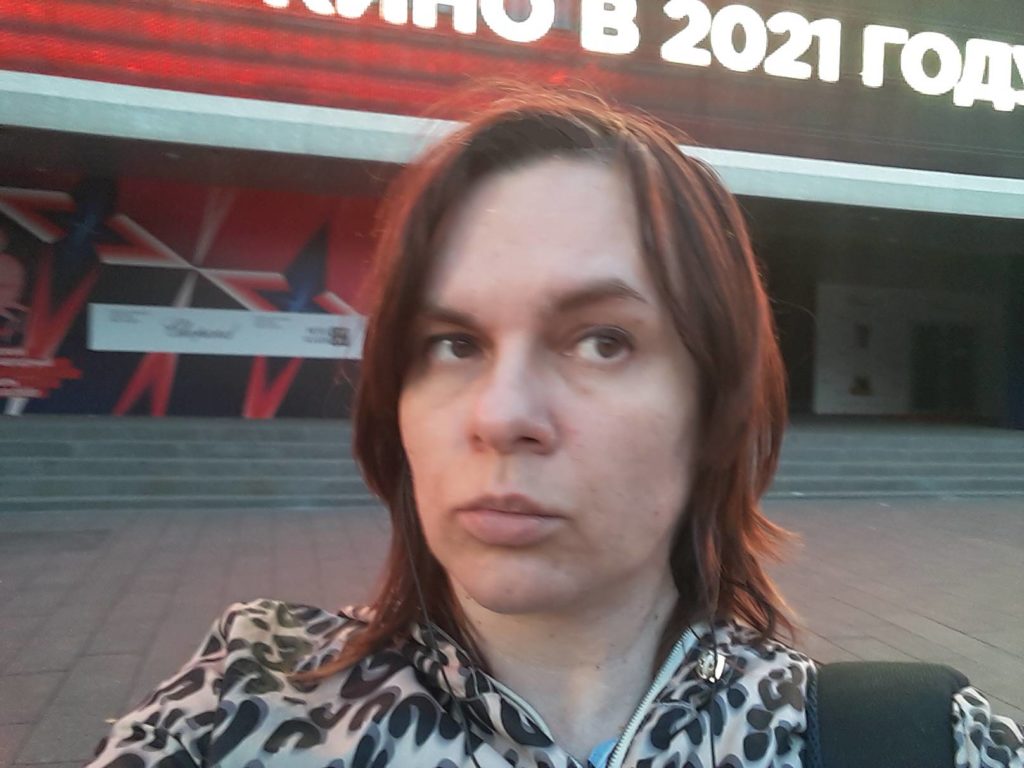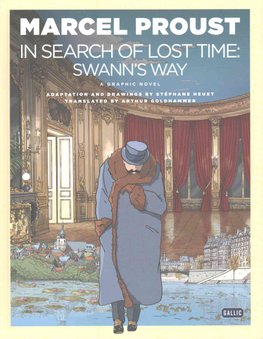After rereading Gone Girl by Gillian Flynn a second time, I wondered: what is this book about?
What can we find in this text, other than a gripping plot, written with the expectation that it will be the basis of the hit thriller movie script?
Perhaps this is just a very well-written thriller – with the invariable principle of any thriller that everything turns out to be not at all what it seems at first – in which, at the same time, the author paid close attention to the psychological reliability of the characters?
Or, on the contrary, can this novel be viewed as a general discussion of married life, which is just “masquerading” as a thriller?
I really like the first part of this story, while the ending evokes feelings of displeasure interspersed with a sense of horror and seems unnatural.
And, in general, I approximately understand why this is happening.
We read the first half of the book about the transformation of a married couple’s relationship during five years of marriage, when a husband and wife go from mutual delight to painful misunderstanding. The author uses a very effective plot composition technique, in which the same events of life together are alternately described firstly from the point of view of a man, and then from the point of view of a woman – I remember that I really liked a similar method many years ago in the film “Françoise ou La vie conjugale” (1964).
This story of a gradual change in the relationship between spouses might seem quite typical for many couples … although later it turns out that it is faked a little.
Sometimes it seems that the author is literally ironically making fun of typical advice for spouses, such as seeking compromises – “never go to bed without making peace”.
The two main characters in the novel are, of course, the husband and the wife mentioned above.
The husband, with pleasure and a little narcissistic, plunges into the abyss of introspection, recalling the details of his own biography and typical traits of his character and, in general, appears in this hypostasis as a rather self-critical fellow. However, by all accounts, he is devilishly charming, as well as witty, erudite and even able to behave quite caringly towards his other half for a while.
As for his wife, in the beginning of the text she looks just beautiful, obedient and being in love one, accepting all the shortcomings of her husband and as if dissolved in her bright feeling of love and forgiveness – that is, in fact, she embodies the ideal of a wife according to all the textbooks of family life.
However, right in the middle of the book, the wife turns out to be not at all as simple as it seems. For example, it turns out that it was she who, at the very beginning of their relationship, stimulated her future husband to “become a superman” and to lead an intellectual life at the limit of his mental capabilities, and it is eaxactly as a result of this process he fell in love with her.
Subsequently, the wife turns out to be a grotesque character, in which the features are unusually hypertrophied, but this is what makes the novel so interesting to read … and at the same time so implausible – in other words, some “surrealistic” events begin.
In the second half of the novel the reader is forcibly immersed in such purely american themes as reflections on the power of public opinion, lawyers, paparazzi, cops, popular TV shows, phrases from movies, talk show hosts…
In general, I can’t say this text give rise to any interesting literary thoughts and associations in me, although – to be honest – reading was extremely interesting.















